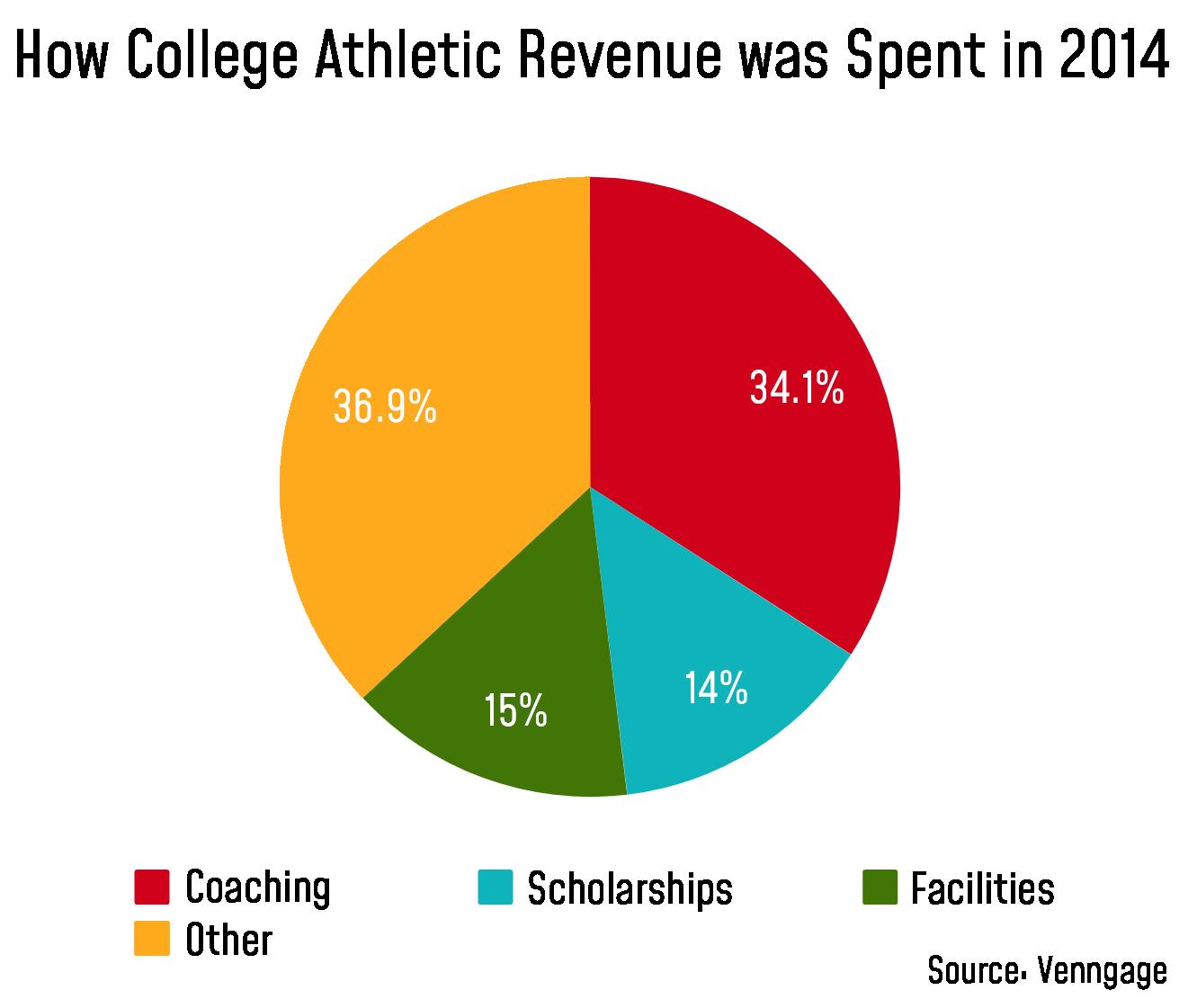Opinions
May 2O21
THE ELECTION INTEGRITY ACT AND ITS POTENTIAL CONSEQUENCES An analysis of Georgia's newly proposed voting bill Article by Jake McCreary Graphic by Jaidyn Holt Georgia was entering the 2020 election off of the heels of six preceding consecutive conservative victories in the state — a statistic that amazed everyone even more when Biden won the state by a tight margin of 12,000 votes. Following Biden’s victory, as well as other notable events like Raphael Warnock and Jon Ossoff winning the senate runoffs, conservative Georgian politicians sought to reform the state election process via the Georgia Senate Bill 202, or the Election Integrity Act of 2021. Ironically, this legislation undermines the integrity of state elections by making it more difficult for certain locations and ethnicities to cast their votes effectively. The bill has received a great deal of backlash not only from citizens nationwide but also a surprisingly extensive list of corporations. The companies, who all signed an official statement, are no small businesses either. Signatories include massive conglomerates, including Apple, Google, IBM, Under Armour, Coca Cola, Microsoft and dozens of others. “Our elections are not improved when lawmakers impose barriers that result in longer lines at the polls or that reduce access to secure ballot drop boxes,” the statement said. “There are hundreds of bills threatening to make voting more difficult in dozens of states nationwide.” While the backlash is somewhat justified, a lot of complaints and criticisms aimed towards the bill are misguided. However, other aspects of the bill are problematic and do demand a discussion. For instance, a common misperception of the act is that it will restrict voting hours, or when citizens are allowed to cast votes. Specifically, many are under the belief that voting hours now begin at 9 a.m. and end at 5 p.m., right at the time the majority of citizens likely just begin to leave their jobs. Even President Biden voiced his discern with this supposed change. “What I'm worried about is how un-American this whole initiative is,” Biden said. “It's sick. Deciding that you're going to end voting at five o'clock when working people are just getting off work."
However, what the law actually enacts is the 9-5 window as a minimum. Counties are allowed to set their own hours for their citizens anywhere within the window of 7 a.m. to 7 p.m. The only change that occurred was taking the original law, which stated that voting had to at least take place during “normal business hours,” and revamped it to the 9-5 window. This change will most likely have a negligible overall impact.
Another complaint is that the law removes or severely restricts access to the drop boxes that facilitate mail-in voting. This criticism is another one that’s slightly misguided. While there will be fewer drop boxes as compared to the 2020 election, the context around the decision is important. Drop boxes were completely absent from Georgia prior to the COVID-19 outbreak and were only instated via emergency rule. While the number of drop boxes is being reduced, the bill does make them a permanent option for future voters. Many may still rightfully disagree with these changes, but it’s important to remember that mail-in voting is not being removed altogether. There is one key change, however, that does make the overall bill severely unappealing, and that is the decision to outlaw non-poll workers from handing out water, food and an array of other items to those waiting in line.
This change initially seems more annoying than problematic, but some key statistics reveal potentially shady intentions hiding behind the legislation. What many have pointed out is that long lines are far more common in counties and districts with much higher nonwhite populations, which means that these areas will be disproportionately affected by the change. Georgia has gradually experienced a reduction in polling locations, causing the number of people crammed into one station to rise steadily. This change has occurred in predominantly white neighborhoods as well, but, according to the U.S. census data, people of color are far more likely to vote in person than through mail or other means. This leads to predominantly nonwhite county polls having far longer lines, which leads to much longer wait times. “The clogged polling locations in metro Atlanta reflect an underlying pattern: the number of places to vote has shrunk statewide, with little recourse,” Stephen Fowler of the National Public Radio said. “Although the reduction in polling places has taken place across racial lines, it has primarily caused long lines in nonwhite neighborhoods where voter registration has surged and more residents cast ballots in person on Election Day. The metro Atlanta area has been hit particularly hard. The nine counties — Fulton, Gwinnett, Forsyth, DeKalb, Cobb, Hall, Cherokee, Henry and Clayton — have nearly half of the state's active voters but only 38% of the polling places, according to the analysis.” Thus, this particular law disproportionately affects minority voters. While this doesn’t immediately point to hidden discriminatory intentions in the state government, it certainly makes the bill in its entirety look, at the very least, severely flawed. Other changes have been attacked as well, like the new requirement for identification, which critics say will heavily affect minorities who are less likely to have said documentation. Overall, while many critiques of the bill may not have a solid foundation, it’s clear that further discussion and revisions must be made to the act to ensure that voting is fair and accessible for all.



















